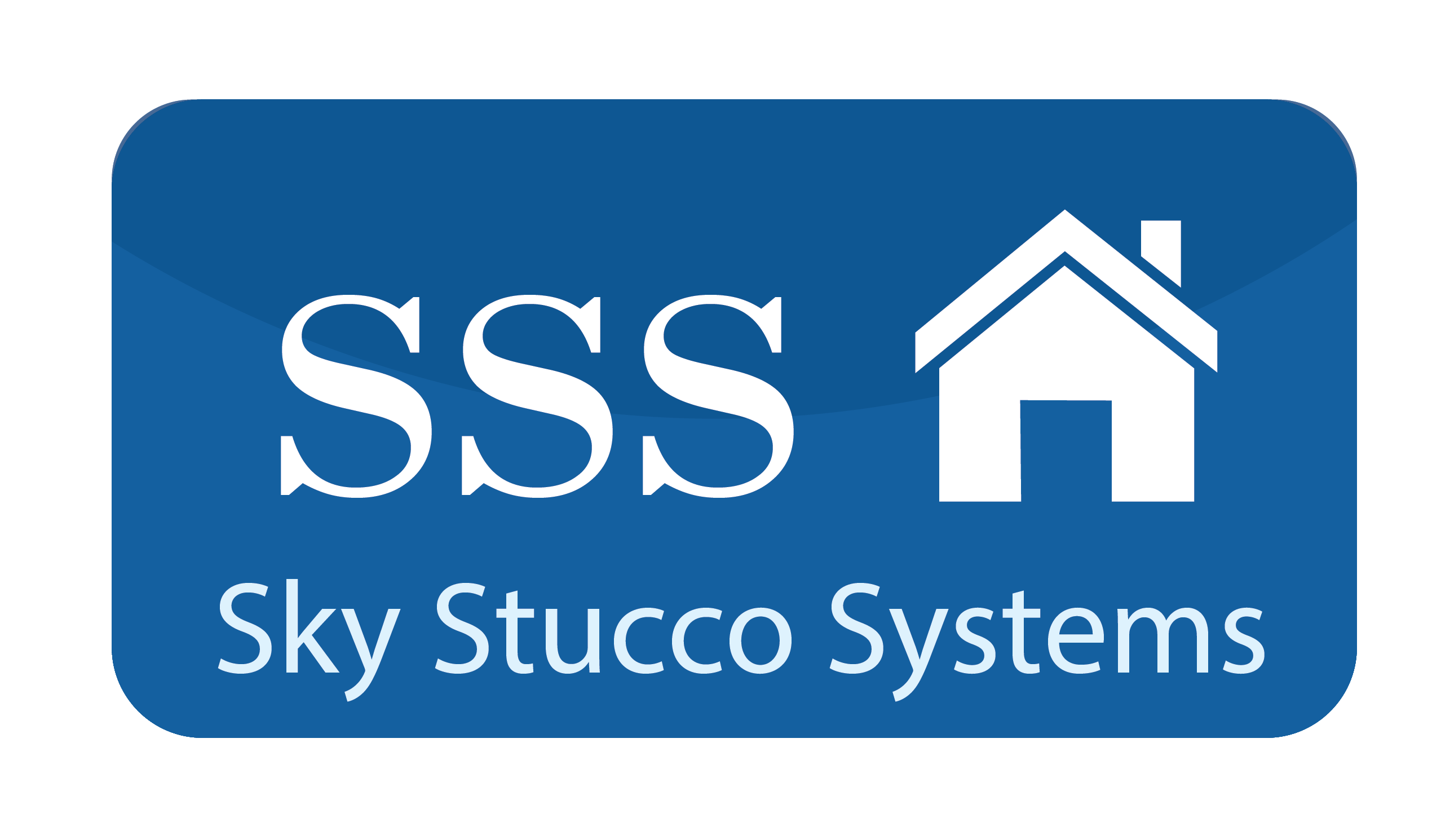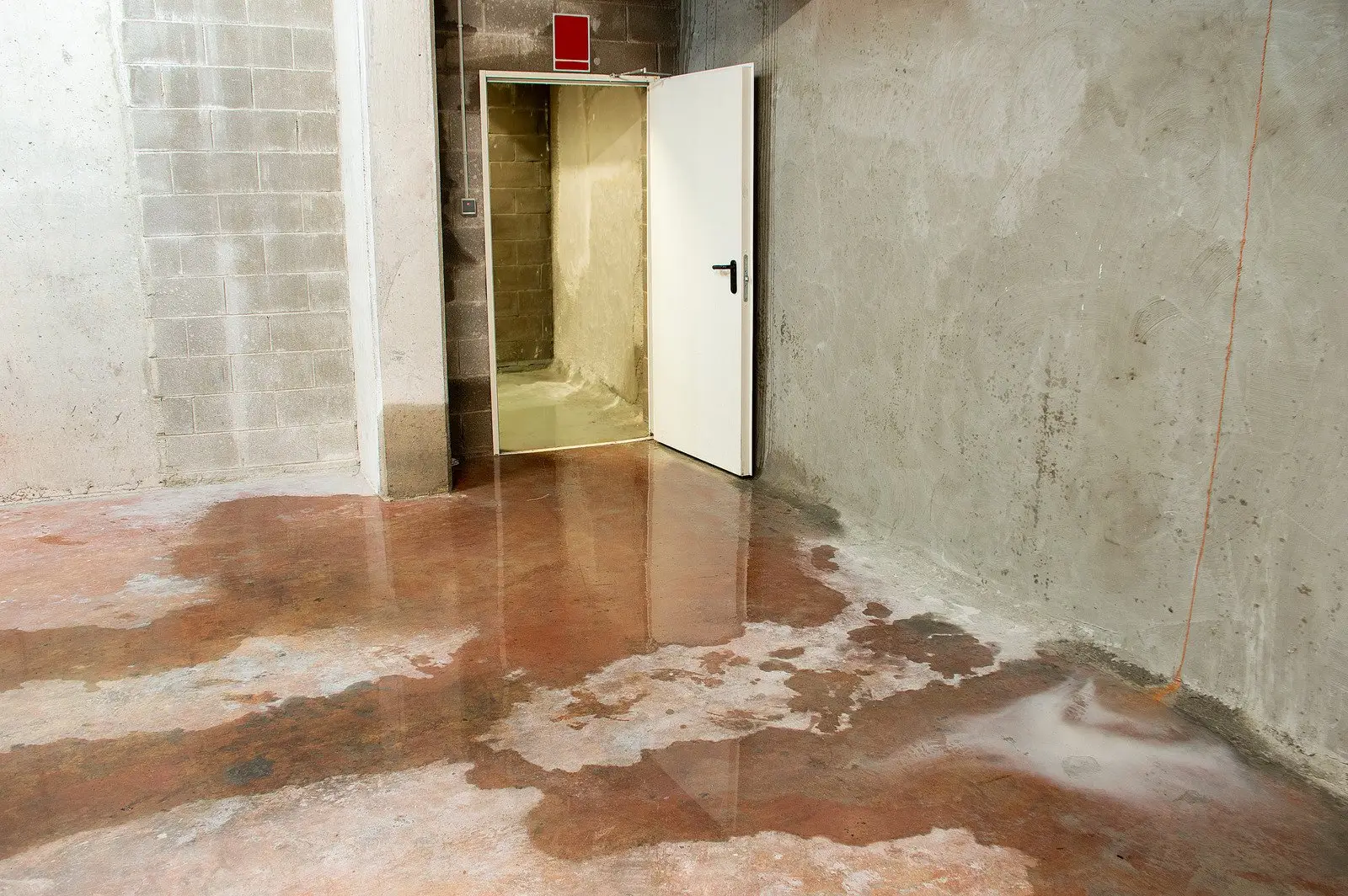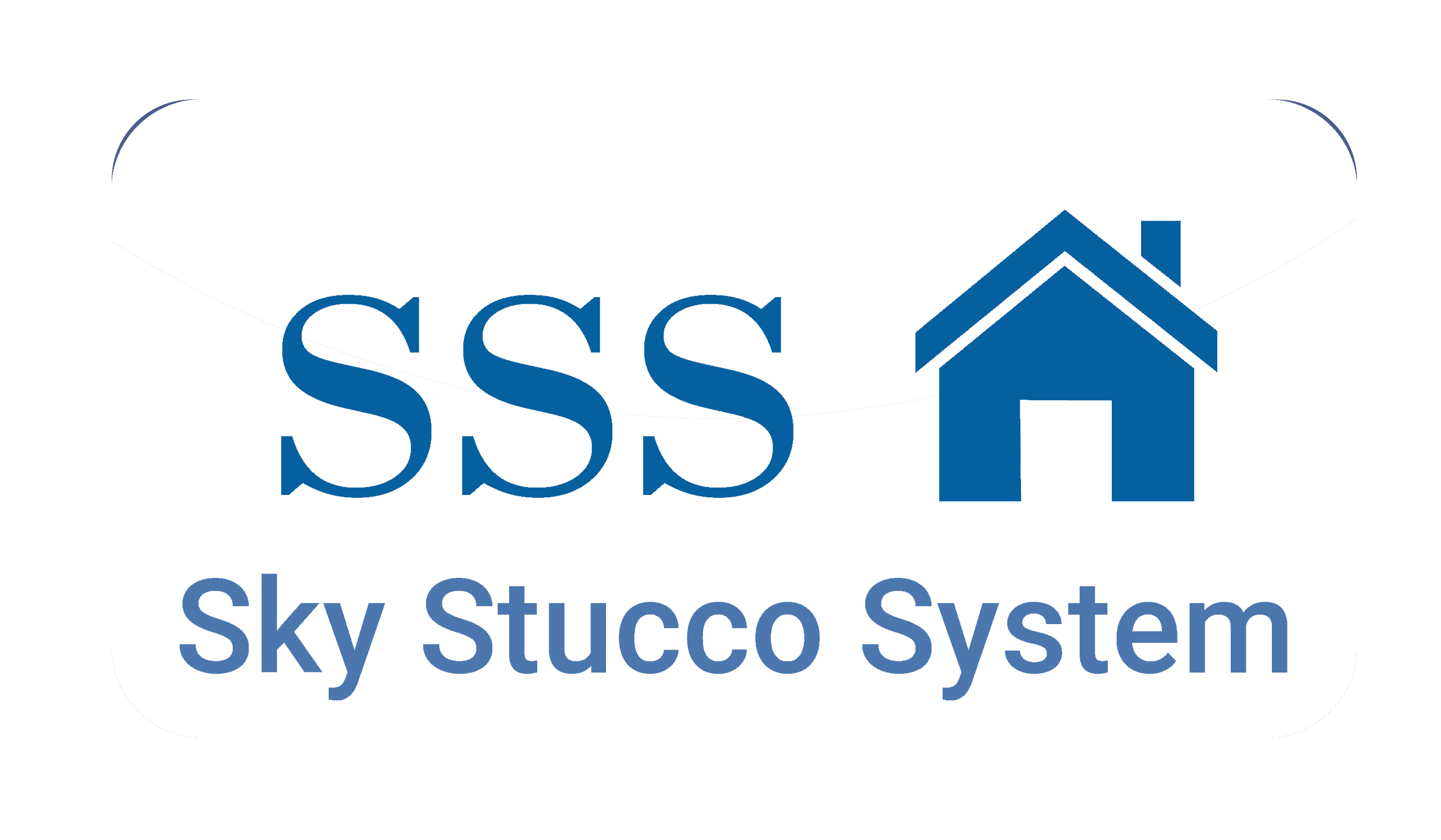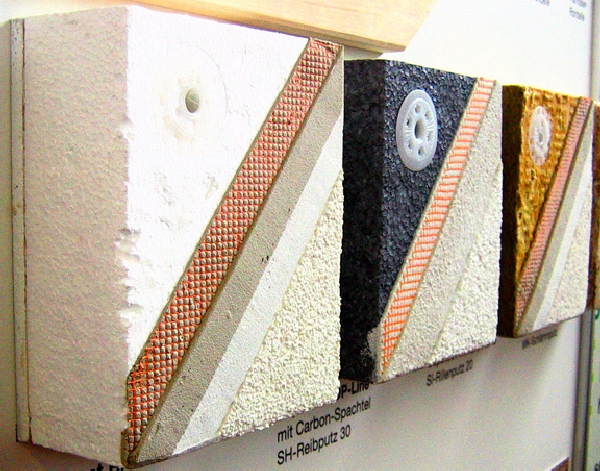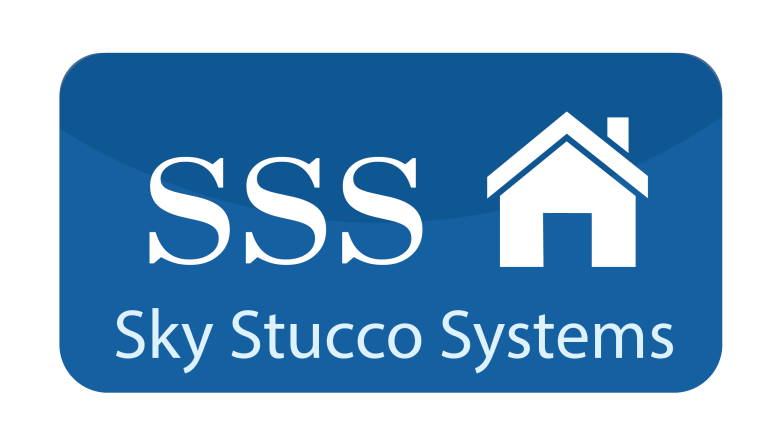The Canadian real estate market presents a unique opportunity for investors looking to diversify their portfolios. With the trend of buying rental properties in Canada gaining momentum, prospective investors must understand both the rewards and challenges of this venture. Whether you’re a seasoned investor or a novice exploring new investment avenues, this article offers an in-depth look at the pros and cons of rental property investments in the Great White North.
A Balanced Look at Rental Investments
Real estate investment has long been viewed as a lucrative path to financial growth. The appeal of generating passive income through property rentals is strong, especially in a country as vast and varied as Canada. Many are turning their attention to buying rental properties in Canada, drawn by the stability and potential returns of the Canadian real estate market.

However, before taking the plunge, it’s essential to consider various factors. From market trends to maintenance costs, property management to legal requirements, each aspect plays a pivotal role in the success of your investment. Understanding these elements helps make an informed decision, ensuring your venture into the world of rental properties is profitable and sustainable.
Pro #1: Steady Income Stream
Investing in rental properties in Canada often leads to a stable and predictable income stream. This is particularly appealing for those seeking long-term financial security. Unlike stocks and other volatile investments, real estate can provide a consistent monthly income.
Especially in high-demand areas, rental properties rarely stay vacant for long, ensuring a regular cash flow. This stability is a significant advantage, as it can help cushion against economic downturns and provide a reliable source of income during retirement.
Pro #2: Property Value Appreciation
Investing in Canadian real estate is not just about immediate cash flow; it’s also about the long-term appreciation of property values. Over time, real estate in Canada has shown a consistent upward trend, especially in burgeoning urban centers and economically thriving regions. This appreciation can be a significant source of wealth creation, as increased property value often outpaces inflation.
Strategic location selection and timing can greatly influence this appreciation, making properties near developing infrastructures or growing neighborhoods particularly valuable. However, it’s essential to approach this with a long-term perspective, as real estate markets can fluctuate. Investors can significantly enhance their investment’s growth potential by understanding and capitalizing on these trends.
Pro #3: Tax Benefits and Deductions
Owning rental property in Canada comes with several tax advantages. Investors can deduct expenses such as mortgage interest, property taxes, insurance, maintenance costs, and property management fees. These deductions can significantly reduce your taxable income, making real estate a tax-efficient investment. It’s important to understand Canadian property laws, especially if you’re a foreigner, to fully leverage these tax benefits.
Pro #4: Diversification and Inflation Hedging
Investing in rental properties in Canada offers excellent portfolio diversification, mitigating risk by balancing against market-linked investments. Real estate typically moves independently of stock and bond markets, providing a robust buffer during economic fluctuations. Additionally, rental properties serve as a practical hedge against inflation.
As consumer prices rise, rent values often increase accordingly, ensuring your investment’s purchasing power remains intact. This dual benefit of diversification and inflation protection makes real estate a strategic asset in a well-rounded investment portfolio, offering stability and growth potential in various economic climates.
Con #1: Maintenance and Management Challenges
While rental properties can be lucrative, they require ongoing maintenance and management. Dealing with repairs, tenant issues, and regular upkeep can be time-consuming and costly.

Hiring a property manager is an option for those not inclined towards hands-on management, though it cuts into profits. Also, companies like Centennial Moving suggest renting storage and exploring options in Canada can add flexibility for property owners dealing with renovations or tenant transitions.
Con #2: Market Volatility and Location Dependence
Real estate markets can be unpredictable, and location is critical to rental property success. If you’re buying a property in Ontario, for example, it might offer different opportunities and challenges compared to other provinces.
Market downturns can lead to decreased property values and rental rates, impacting your return on investment. Thus, market research and location choice are crucial in mitigating these risks.
Con #3: Financial Risk and Liquidity Concerns
Buying rental properties in Canada involves significant financial commitment and presents certain risks. Initially, the capital required for a down payment and ongoing expenses such as property maintenance, taxes, and insurance can be substantial. This financial outlay is not just a one-time event but a recurring responsibility, underscoring the need for adequate planning and budgeting.
Moreover, real estate investments are not liquid assets. Unlike stocks or bonds, which can be sold relatively quickly, converting a property into cash often takes considerable time. This lack of liquidity can be challenging, especially in urgent financial situations or during market downturns when property values may decrease. Prospective investors must, therefore, prepare for these eventualities, ensuring they have sufficient resources to manage their investment effectively over the long term.
Con #4: Legal and Regulatory Hurdles
Property ownership comes with legal responsibilities. Landlords must navigate a complex web of laws and regulations, including tenant rights, safety standards, and zoning laws.

For example, for those moving to Ontario and hiring movers, it’s advisable to turn to Ontario-based pros who understand local regulations. Ignorance of these laws can lead to costly legal battles and fines, highlighting the importance of being well-informed and compliant.
The Path to Prosperous Property Investment in Canada
As we’ve explored, buying rental properties in Canada presents many opportunities and challenges. While the potential for a steady income, property appreciation, tax benefits, and portfolio diversification is attractive, investors must also consider the realities of maintenance, market volatility, financial risk, and legal obligations. Weighing these factors carefully is key to making a successful investment. Remember, real estate is not just about finding the right property; it’s about strategic planning and informed decision-making. Always remember the important things to consider when buying a property, and you’ll be better equipped to navigate the complexities of the rental market. Investing in Canadian rental properties can be a rewarding and profitable journey with a balanced approach.
